Can travel slow down ageing? The surprising ways it keeps you young
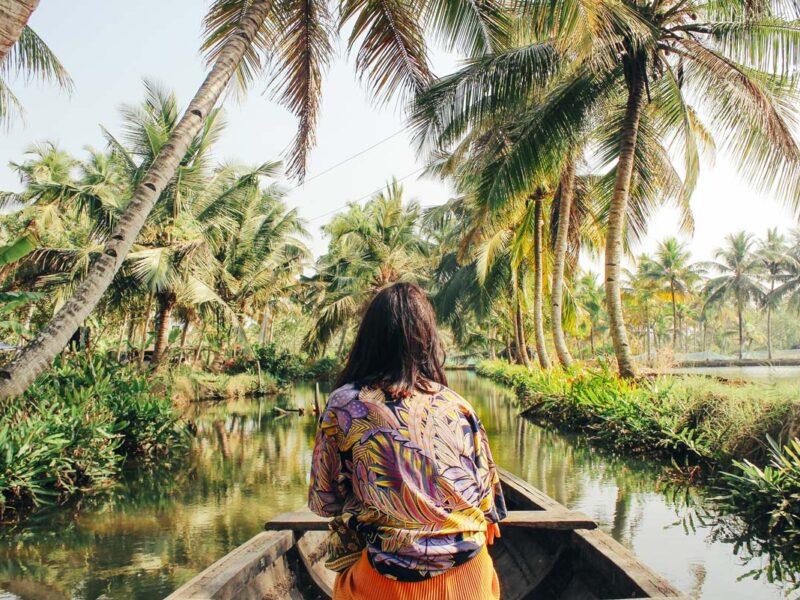
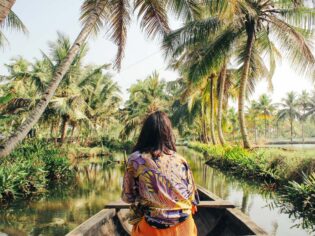
New research suggests travelling can turn back the hands of time and prevent ageing.
Put down the peptides. Forget the hype about hyaluronic acid. And step away from the snail slime. Sure, regular use of these anti-aging skin products might make you feel momentarily better about yourself when you look in the mirror. But what if one of the secrets to slowing down the ageing process was to pack your suitcase and set off around the world? Relax. You won’t age backwards a-la Benjamin Button. However, it turns out travelling may well help us cling to our youth for a tad longer. That’s according to a recent study conducted by researchers at Edith Cowan University (ECU). who applied the theory of entropy – the general trend of the universe towards death and disorder – to tourism.
ECU PhD candidate Fangli Hu told ECU Newsroom that the entropy perspective suggests tourism could trigger entropy changes “where positive experiences might mitigate entropy increase and enhance health.”
“Ageing as a process is irreversible. While it can’t be stopped, it can be slowed down,” Ms Hu said.
Rest and reset
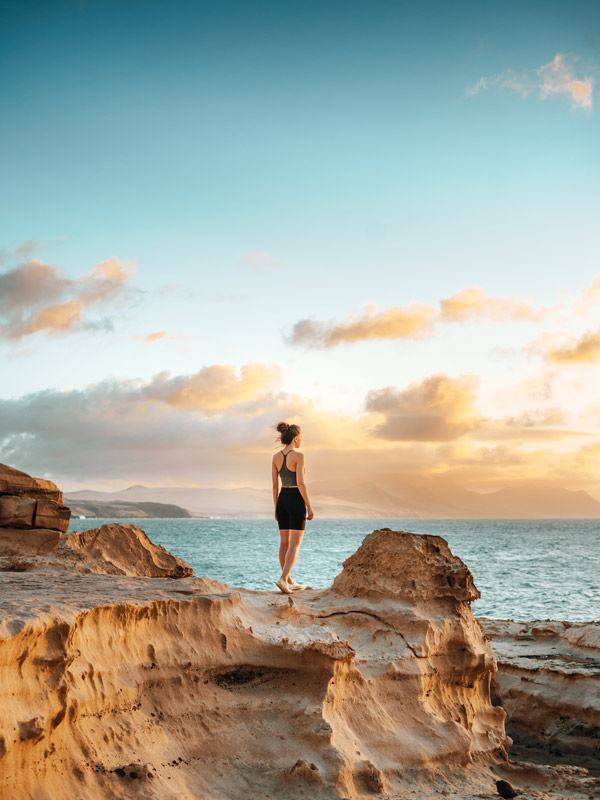
The positive benefits of travel have been acknowledged through wellness tourism. (Image: Getty Images/Xsandra)
Ms Fangli Hu’s thesis noted that exposure to novel environments, engagement in physical activities and social interaction and the fostering of positive emotions all offered potential benefits. Ms Hu says the positive benefits of travel have been acknowledged through practices such as wellness tourism, health tourism and yoga tourism.
The rise and rise of wellness tourism is often skewed toward lifestyle challenges and driven by age-related concerns. And it’s a travel trend that shows no signs of abating with the global wellness tourism market surpassing US$651 million ($1.02 billion) in 2024, as stated by the Global Wellness Institute.
Be it attending the first-ever yoga festival in the Islands of Tahiti, immersing yourself in tranquillity at COMO Shambhala Estate, committing to a RaKxa integrative wellness retreat in Bangkok or getting a massage from blind therapists at the Asa Maia in Uluwatu, exercise and therapies tailored to uplift travellers are empowering tools to help achieve lasting health. But you don’t have to master muay Thai or nail the Vasisthasana (side plank pose) pose in Rishikesh in order to receive significant health benefits from being on the road.
The hands of time

Physical activity can boost metabolism, energy expenditure and material transformation. (Image: Getty Images/AzmanL)
Slowing down the ageing process, says Hu, is simply about being exposed to new surrounds, relaxing activities and novel settings. Her research shows this form of travel therapy can stimulate stress responses and elevate metabolic rates, positively influencing “metabolic activities and the body’s self-organising capabilities”.
Ms Hu told the ECU Newsroom that these contexts may also trigger adaptive immune system responses. She was quoted as saying that this reaction “improves the body’s ability to perceive and defend itself against certain threats.”
“Put simply, the self-defence system becomes more resilient. Hormones conducive to tissue repair and regeneration may be released and promote the self-healing system’s functioning,” Ms Hu said.
Physical activities such as hiking, climbing, walking and cycling can also boost metabolism, energy expenditure and material transformation, all of which help coordinate self-organising systems.
Travel also exposes us to new ideas and notions and puts Japanese prefectures like Nagano and Okinawa in the spotlight as places that regularly top lists ranking longevity. As well as enjoying a largely plant-based diet, people living in these prefectures are also very active. Learning about this while on the road can be transformative stuff.
Ms Hu agrees engaging in recreation potentially releases tension and fatigue in the muscles and joints. “This relief helps maintain the body’s metabolic balance and increases the anti–wear-and-tear system’s effectiveness. Organs and tissues can then remain in a low-entropy state,” she says.
The flip side
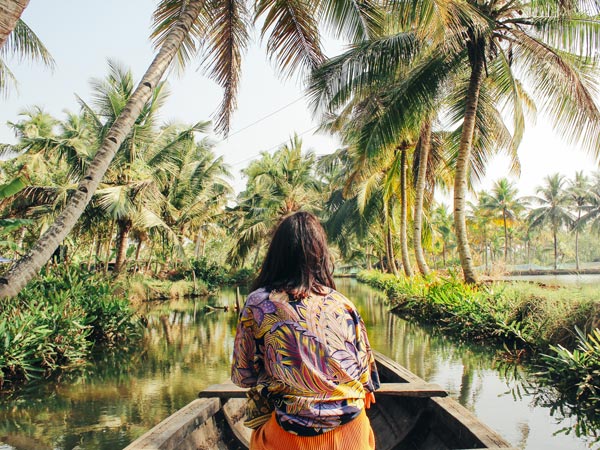
Travel won’t make you Benjamin Button. (Image: Getty Images/SolStock)
While those with Peter Pan Syndrome might only see the rainbows relating to this research, there are dark and sullen clouds looming. Ms Hu added that negative travel experiences might also contribute to entropy increase and compromise health.
Tourism can also involve negative experiences that potentially lead to health problems, which parallel the process of promoting entropy increase. One very gloomy example of this is the public health crisis of COVID-19. The research also highlighted the fact that tourists could face challenges such as infectious diseases, accidents, injuries, violence, water and food and safety issues.
The science is clear: travel won’t make you Benjamin Button, but it just might keep you feeling younger for longer. Time to pack that bag.
The Principle of Entropy Increase: A Novel View of How Tourism Influences Human Health was published in the Journal of Travel Research earlier this year.

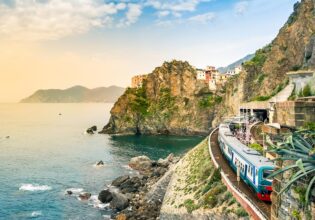

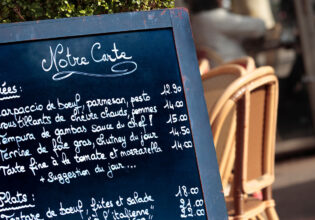
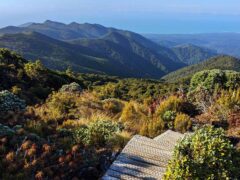
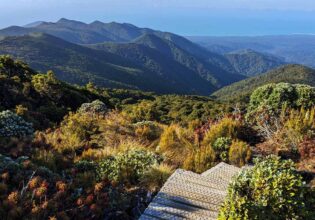


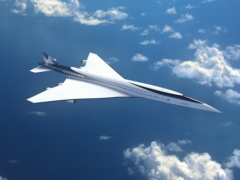
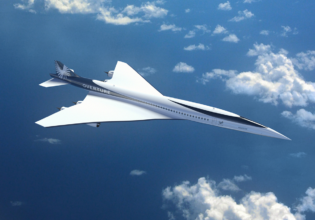

LEAVE YOUR COMMENT